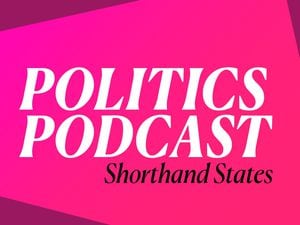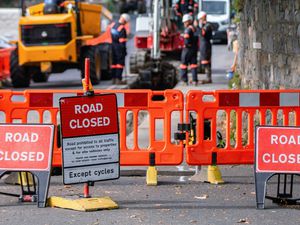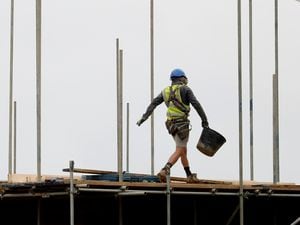Online Safety Committee to consider MPs’ report
GUERNSEY’S Online Safety Committee is set to consider a report from MPs warning about the damaging impact of social media on youngsters.

The report was written by the all-party parliamentary group on social media and young people’s mental health and wellbeing made up of MPs interested in these issues.
The charity Royal Society for Public Health assisted with compiling the report.
Guernsey’s Online Safety Committee, a sub committee of the Island’s Safe Guarding Committee, has not yet done any investigation into impacts of social media, however this could change following the publication.
‘The Bailiwick’s online safety committee will be considering the implications of the report at the next meeting which will be held in April,’ said committee chair Tracey Moore.
Guernsey Youth Commission service manager Charlie Cox said they do see the impact of social media in their service, however they recognise that social media is embedded in young people’s culture.
‘We need to see it as part and parcel of their lives now.’
She said it is known that social media plays a part in the mental health of young people but that it is difficult to know whether social media is the cause or effect.
‘What we try to do is promote the positive use of social media because we know young people are brilliant at using it positively,’ said Ms Cox.
Instead of trying to eradicate what is now a part of life, Ms Cox said the youth commission try and reduce social media use.
‘All of our services [including their youth groups] are all about engaging with similar ages and interests, getting them out of the house and involved with positive activities.
‘A lot of the activities we do are based on building communication skills,’ she said.
The report is the first national inquiry specifically examining the impact of social media on the mental health and wellbeing of young people and ran from April last year to January.
The main platforms focused on were Facebook, Instagram, Snapchat, Twitter and YouTube.
The report stated that 27% of children who spend three hours or more a day on social media have symptoms of mental health compared with 12% of children who spend no time on social media.
It was also reported that 46% of girls and 38% of all young people said that social media had a negative impact on their self-esteem.
Action the report called for included a statutory code of conduct establishing a duty of care on all social media companies with UK users aged 24 and under and a Social Media Health Alliance, funded by a 0.5% tax on social companies’ profits, to research the impact of social media on health and wellbeing and establish clearer guidance for the public.
Research would look at impacts of social media on young people and whether the addictive nature of social media is sufficient for official disease classification. The report also recognised that social media can provide opportunities for innovation, self expression and creativity.
In the 16-24 age group, 91% use the internet for social media according to the report.





